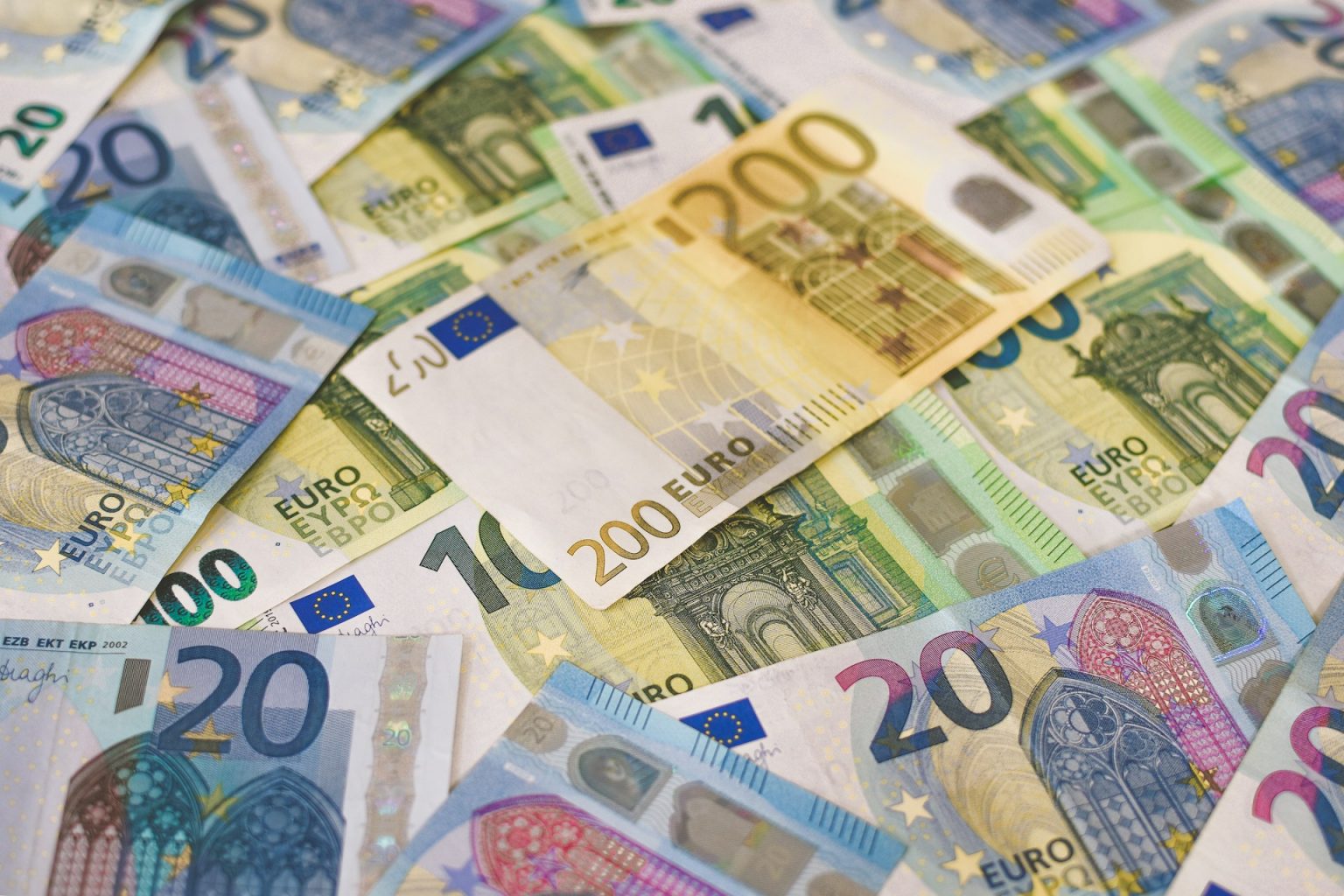The European Central Bank (ECB) has initiated a shift in interest rates. For the first time in years, the key interest rate is decreasing. The new rate is set at 4.25%, a reduction of 0.25 percentage points. This announcement was made on Thursday afternoon following a meeting of the ECB’s council, chaired by Christine Lagarde.
The key interest rate determines the conditions under which commercial banks can borrow money from the ECB.
From mid-2022 to September 2023, interest rates continuously increased in an effort to control the surging inflation, primarily a result of the Russian invasion of Ukraine, and bring it down to the target rate of 2%. Recently, prices have indeed begun to rise less sharply: inflation in Germany is now at 2.4%, and 2.8% according to European calculations.
First Interest Rate Cut Since 2016
German Economy Minister Robert Habeck commented on the rate cut: “With this move, the ECB demonstrates its confidence that the period of high price increases is behind us. This is beneficial, as low inflation combined with higher wages means more money in our wallets. Decreasing interest rates facilitate investments for businesses and make consumer loans cheaper. This can be a significant boost for our economy, which I welcome as an economy minister. However, lower interest rates on savings accounts are a minor downside.”
Is this rate cut happening too soon? Will it make our everyday lives, especially our weekly shopping, more expensive again? BILD consulted top German experts to find out.
Will Prices Rise Again?
“Yes,” fears Jörg Krämer, Chief Economist at Commerzbank. He told BILD: “The inflation risks remain high. Wages are increasing much faster than the 2% inflation target.”
Clemens Fuest, head of the ifo Institute, also believes that “some price pressure will persist.” Inflation forecasts for the next year are still above 2%.
“Currently, inflation is particularly persistent in the service sector,” says economist Veronika Grimm. This means that dining out will become more expensive.
Tougher Times Ahead for Savers?
“Yes!” The era of the best interest rates has long passed. However, many banks are unlikely to further reduce their rates to attract new customers. But if the ECB cuts the key interest rate further, fixed-term deposit rates could plummet, warns Oliver Maier, Managing Director of Verivox Financial Comparison.


